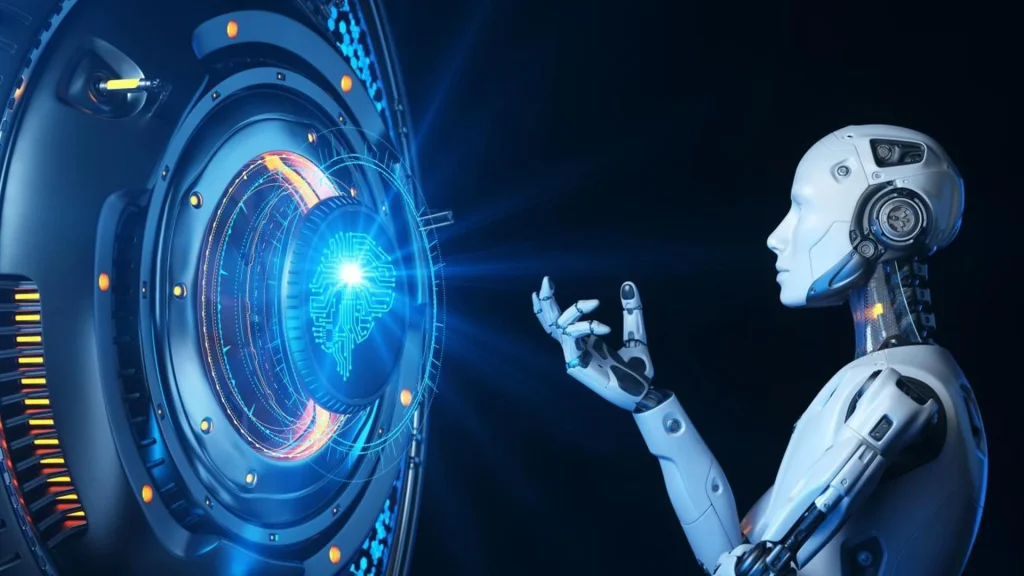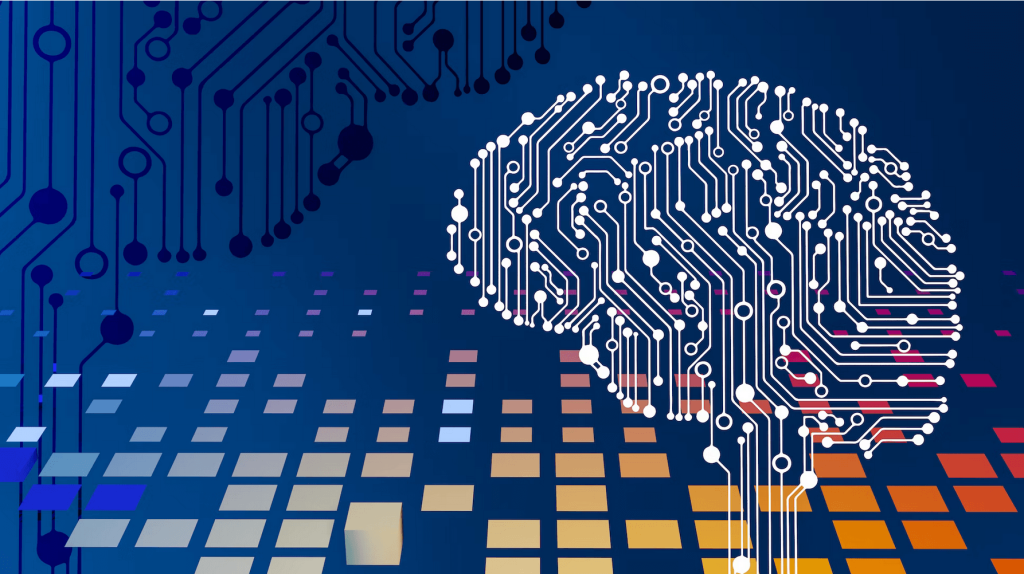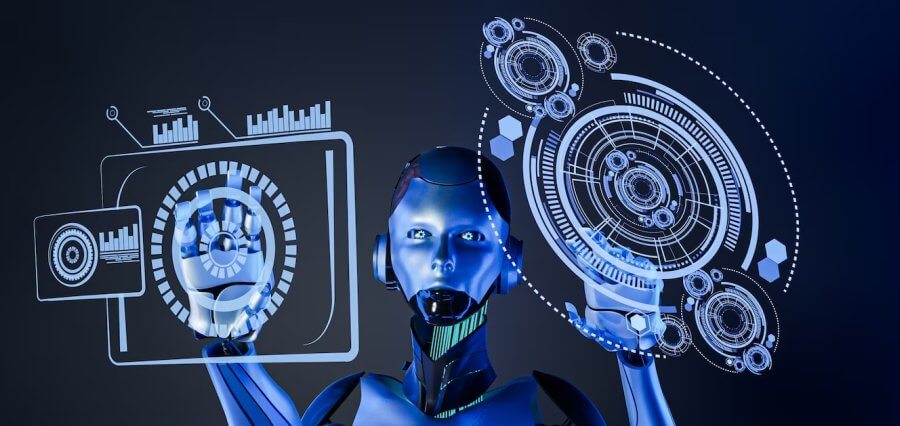Artificial intelligence (AI) is rapidly transforming various industries, revolutionizing how we work, live, and interact with technology. This article explores the future of AI, key trends, and predictions that are likely to shape the landscape of artificial intelligence in the coming years.

1. AI Integration in Everyday Life
AI is becoming increasingly integrated into our daily lives, from virtual assistants like Siri and Alexa to personalized recommendations on streaming services and e-commerce platforms. The future will see even more seamless integration, with AI systems assisting in healthcare, education, and home automation, making daily tasks more efficient and personalized.
2. Advancements in Natural Language Processing (NLP)
Natural Language Processing (NLP) is a subfield of AI focused on the interaction between computers and human language. Significant advancements in NLP, such as OpenAI’s GPT-4, are enabling machines to understand and generate human language more accurately. This will lead to improved chatbots, customer service automation, and real-time language translation, breaking down communication barriers.
3. AI in Healthcare
AI has the potential to revolutionize healthcare by providing more accurate diagnostics, personalized treatment plans, and predictive analytics. AI-powered tools can analyze medical images, predict disease outbreaks, and assist in drug discovery. The future of AI in healthcare promises to enhance patient outcomes, reduce costs, and improve the efficiency of healthcare delivery.
4. Autonomous Vehicles
The development of autonomous vehicles is one of the most anticipated advancements in AI. Self-driving cars, trucks, and drones have the potential to transform transportation, logistics, and delivery services. With continued advancements in AI, sensor technology, and regulatory frameworks, autonomous vehicles are expected to become more prevalent, safer, and more efficient.
5. AI in Education
AI is set to revolutionize education by providing personalized learning experiences, automating administrative tasks, and offering intelligent tutoring systems. AI can adapt to individual students’ learning styles and pace, providing tailored content and feedback. This will enhance the effectiveness of education and make learning more accessible to a broader audience.

6. Ethical and Responsible Artificial Intelligence
As AI continues to advance, ethical considerations and responsible AI development are becoming increasingly important. Ensuring transparency, fairness, and accountability in AI systems is crucial to prevent biases and unintended consequences. The future will see more emphasis on creating ethical AI frameworks and guidelines to govern the development and deployment of AI technologies.
7. AI in Business and Industry
AI is transforming various business sectors, including finance, manufacturing, and retail. AI-driven analytics, predictive modeling, and automation are helping companies optimize operations, improve decision-making, and enhance customer experiences. In the future, businesses will increasingly rely on AI to gain a competitive edge and drive innovation.
8. Enhanced Human-AI Collaboration
The future of AI will see more sophisticated collaboration between humans and machines. AI systems will augment human capabilities, assisting in complex decision-making, creative processes, and scientific research. Enhanced human-AI collaboration will lead to new opportunities and breakthroughs in various fields, from medicine to engineering.
9. AI and Cybersecurity
As cyber threats become more sophisticated, AI is playing a critical role in enhancing cybersecurity measures. AI-powered systems can detect and respond to threats in real-time, analyze vast amounts of data for potential vulnerabilities, and predict future attacks. The future of AI in cybersecurity promises to provide more robust defenses against evolving cyber threats.
10. AI and Sustainability
AI has the potential to contribute significantly to sustainability efforts. AI-driven solutions can optimize energy consumption, monitor environmental changes, and improve resource management. In agriculture, AI can enhance crop yields and reduce waste. The future of AI will see more innovative applications aimed at addressing global sustainability challenges.



